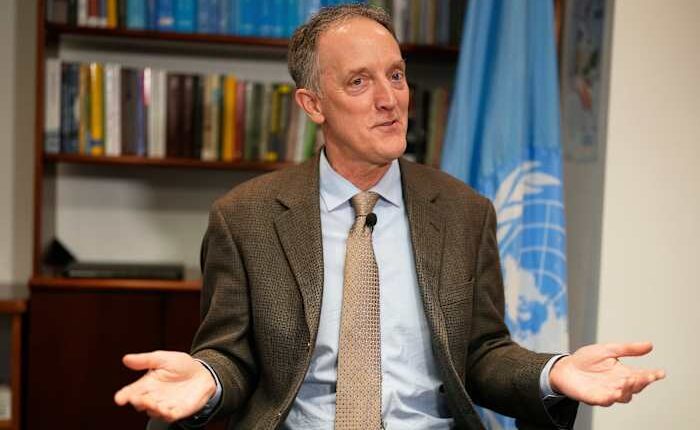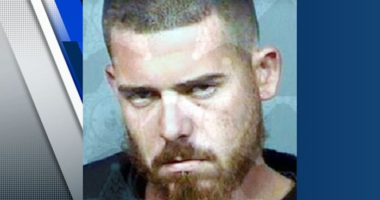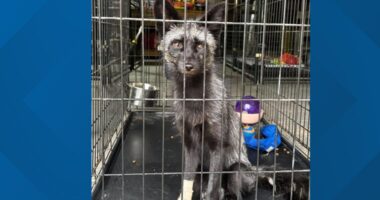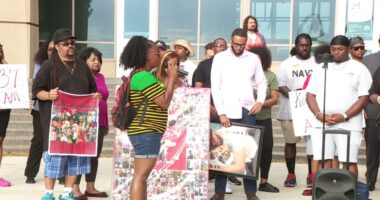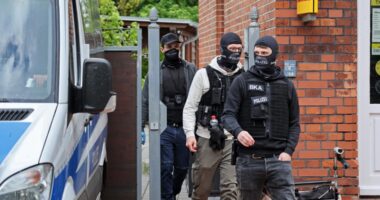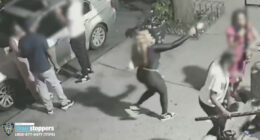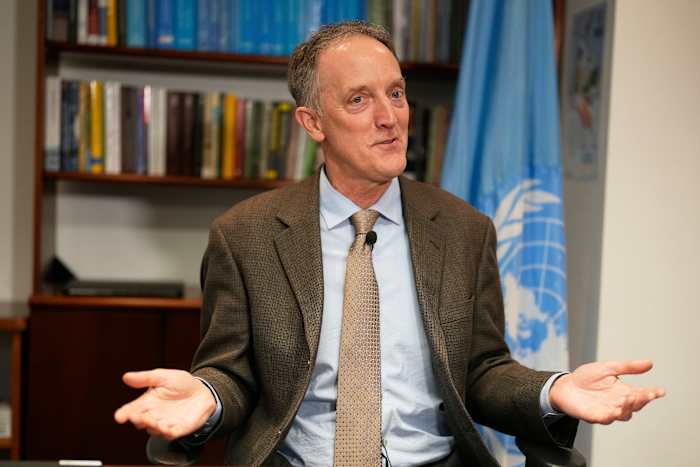
The United Nations human rights office in Colombia has issued a warning about the potential extinction, both physically and culturally, of five Indigenous groups residing in the Sierra Nevada de Santa Marta mountain range. This threat is primarily due to armed groups vying for control over their land and a lack of sufficient protection from the state.
Colombia’s representative for the UN High Commissioner for Human Rights, Scott Campbell, emphasized the urgent need to prevent the physical and cultural extinction of the Indigenous People in the region. Campbell described the situation as an ongoing tragedy that requires immediate attention and intervention.
The Indigenous groups at risk of extinction are the Kogui, Wiwa, Kankuamo, Arhuaco, and Ette Naka, with a total population of around 54,700 individuals. Campbell called on the Colombian government to step in and safeguard these communities from further harm and ensure their survival for future generations.
Campbell’s statement followed a visit to the Sierra Nevada region, where U.N. officials spoke with representatives of these Indigenous tribes.
“These groups are under various forms of cruel attack from non-state armed groups,” Campbell said, highlighting the “devastating repercussions on their lives, their land, their territory, their self government…and their spirituality.”
In 2022, UNESCO added the ancestral knowledge of these Indigenous groups to its Intangible Cultural Heritage of Humanity list. The recognition highlights the “fundamental role” their traditions play in preserving the Sierra Nevada de Santa Marta — a mountain range that emerges directly from the Caribbean Sea and boasts snowy peaks reaching nearly 6,000 meters.
But for many years, the Indigenous people of the Sierra Nevada have been under attack from settlers, and now from rebel groups.
Campbell said that rebel groups in the area are imposing curfews on Indigenous communities and interfering with their local assemblies. He added that hundreds of Indigenous people from the Sierra Nevada de Santa Marta have been forcibly displaced, while last year an Arhuaco community leader was murdered and a member of the Kogui tribe disappeared.
Colombia’s government has struggled to pacify rural areas where rebel groups and drug trafficking gangs fight for territory abandoned by the Revolutionary Armed Forces of Colombia, the large guerilla group that made peace with the government in 2016.
President Gustavo Petro has launched peace talks with most of the nation’s remaining rebel groups, but the negotiations have yielded few results so far.
Campbell urged the government to protect Indigenous people in the Sierra Nevada not only through military force, but by providing better access to healthcare, education and employment opportunities.
“The violent situation has its roots in disputes over control of territory, drug trafficking routes and various forms of illicit economic activity by non-state armed groups.” Campell said.
____
Follow AP’s coverage of Latin America and the Caribbean at https://apnews.com/hub/latin-america
Copyright 2025 The Associated Press. All rights reserved. This material may not be published, broadcast, rewritten or redistributed without permission.
